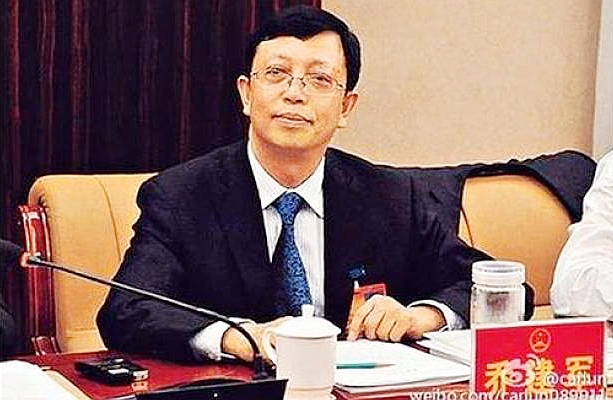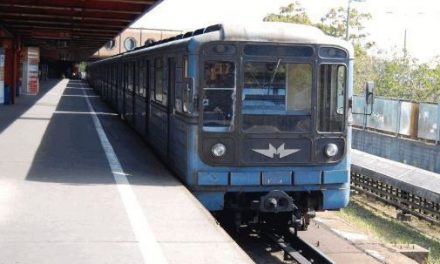11 July 2019
Swedish court said that he will not be sent back to China due to the risk that he would face persecution because of his political activity. Qiao Jianjun also goes under the name of Feng Li.
China had asked Sweden to extradite him to face trial for embezzling $11 million while he was director of a government grain storage facility in Hunan province – in June last year.
Swedish court said that he will not be sent back to China due to the risk that he would face persecution because of his political activity. Qiao Jianjun also goes under the name of Feng Li.
China had asked Sweden to extradite him to face trial for embezzling $11 million while he was director of a government grain storage facility in Hunan province – in June last year.
Court documents seen by Reuters showed that Qiao stated that he had fled from China in 2011 after coming under pressure for joining a banned political party.
Beijing made solid progress in it search for corruption suspects in the past three years, bringing back 58 of 100 fugitives on its Interpol red notice list from 2015. However, the case of former Interpol chief Meng Hongwei and the Hong Kong pro-democracy protests have a huge impact on China’s hunt for overseas fugitives. A red notice is issued by Interpol at a member country’s request. All 190 member countries are informed of the wanted person. But each member country decides for itself whether to extradite or not.
Last month he was released from custody without a ruling on the Chinese request. Days later he was rearrested on a separate request from the United States, where he has been indicted for money laundering and immigration fraud. United States is also seeking his extradition.
Qiao and his ex-wife purchased a property in Newcastle, Washington for $500,000 using funds transferred from China.
The European Convention and Swedish law both prevent authorities from extraditing people to countries where they would face political or religious persecution, torture or the death penalty.
Shi Lan Zhao, former wife of Qiao Jianjun left China to United States as an immigrant investor. She later flew to Metro Vancouver, bought a number of B.C. companies. A few months later, on a return trip, she bought a five-bedroom White Rock home, also paying for it outright.
U.S. and Chinese investigators now suspect the money for the purchases of houses came from an embezzlement scheme that was just one part of a massive corruption and bribery operation that nearly crippled the China Grain Reserves Corporation, also known as Sinograin.
U.S. and Chinese investigators now suspect the money for the purchases of houses came from an embezzlement scheme that was just one part of a massive corruption and bribery operation that nearly crippled the China Grain Reserves Corporation, also known as Sinograin.
Chinese media reports indicate that a Henan court found that, between June 2009 and July 2011, Qiao had allegedly colluded with grain businessmen offering of bribes worth $39 million. The report said the scheme involved the under-measuring of grain at a number of Sinograin’s Henan depots.
U.S. authorities now allege Qiao and Zhao had long planned to enter the U.S. as husband and wife immigrant investors, even though they apparently divorced nearly a decade earlier, a status that would have made them ineligible under American rules. They must have entered into a divorce of convenience to keep the loot from being taken away from them.
South China Morning Post reported.















